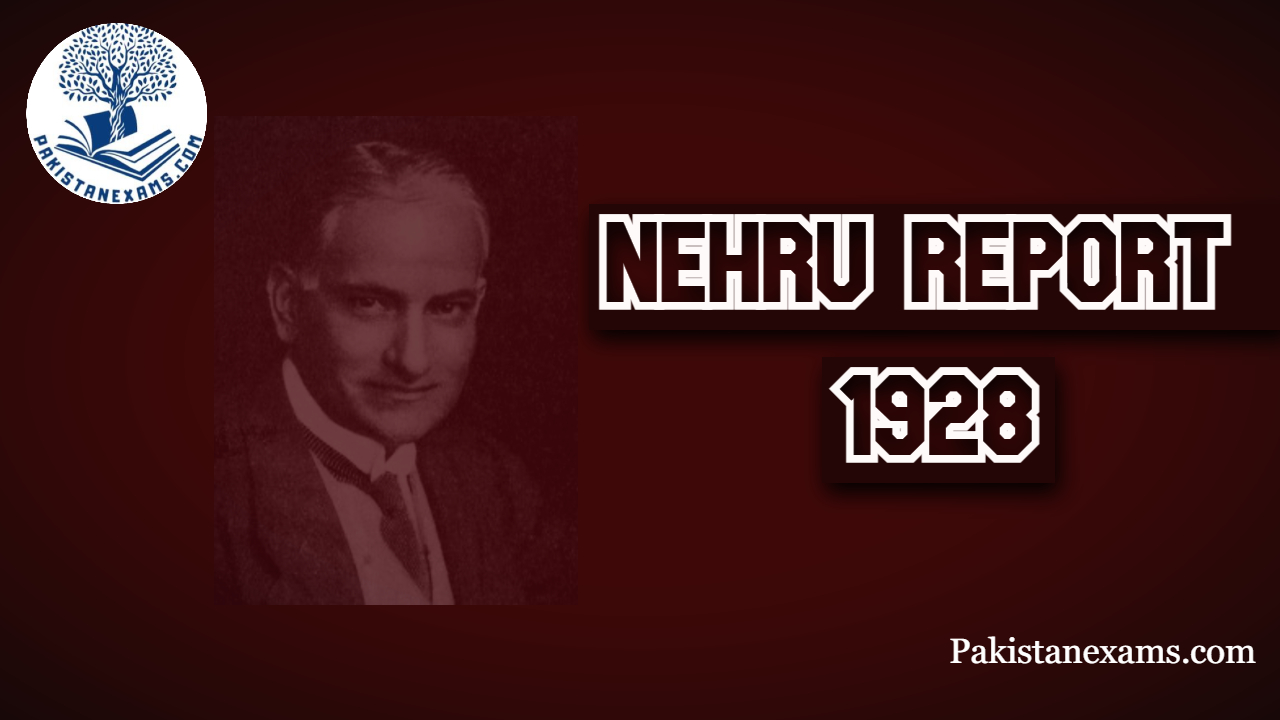The Indians boycotted Simon Commission because it lacked any Indian members. Therefore, Lord Birkenhead, the Secretary of State for Indian Affairs, challenged the Indian leaders to draft a constitution for India. The reason is that, he believed that Indian leaders were not capable of drafting a constitution. Thus, this constitutional report by the Indians is called Nehru Report 1928.
Nehru Report Committee
Indian leaders accepted the challenge of Lord Birkenhead. In January 1928, an All-Party Conference was called in Delhi. At this conference, the Nehru Report Committee was established. Additionally, Motilal Nehru was chosen as its President and Jawaharlal Nehru became its secretary. The committee completed its report in August 1928, which is called the Nehru Report.
Salient Features of the Nehru Report
- India should be given the status of a dominion status (like Australia, Canada, etc).
- Indians wanted a federal system of government with the center holding the residual powers.
- India should have a parliamentary form of government headed by a Prime Minister and six ministers appointed by the Viceroy.
- There should be a bi-cameral legislature.
- No community should be given a separate electorate.
- Nehru’s report also rejected the System of Weightage.
- Muslim seats may be reserved only in provinces with a minimum of 10 percent Muslim population.
- Muslims would be given one-fourth of the Central Legislature’s representation.
- Sindh should be separated from Bombay only if the committee certified that it was financially self-sufficient.
- The North West Frontier Province (N. W. F. P.) should be given full provincial status.
- A proposal for the creation of a supreme court.
- No state religion
- Hindi should be made the official language of India.
Importance of the Nehru Report
Muslims and Hindus Mistrust
As the Nehru Report’s recommendations were in opposition to the interests of the Muslims of India. Moreover, it was an effort to support the Hindu domination over the Muslims. It not only rejected the Muslims’ demand for separate electorates but also rejected their demand for one-third representation in the central legislature. Therefore, the report might have been welcomed by the Muslims if it had considered the Delhi Proposals.
Jinnah’s View Changed from Reconciliation
Muhammad Ali Jinnah was the ambassador of Hindu-Muslim Unity. However, the Nehru Report changed his views of reconciliation. However, after reading the Report, Jinnah announced a ‘parting of the ways’. He realized that the Nehru Report proved Hindus would never be loyal friends of Muslims. They could deceive them at times of hardship. In short, in the Nehru Report Hindus backstabbed the Muslims of India.

